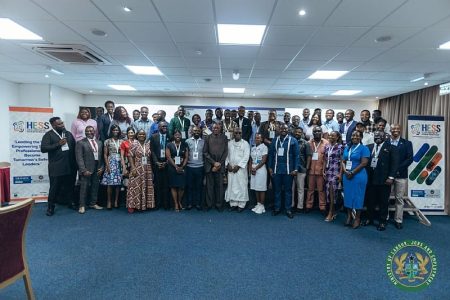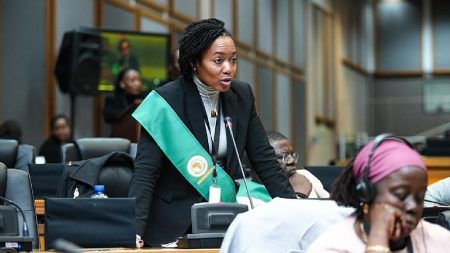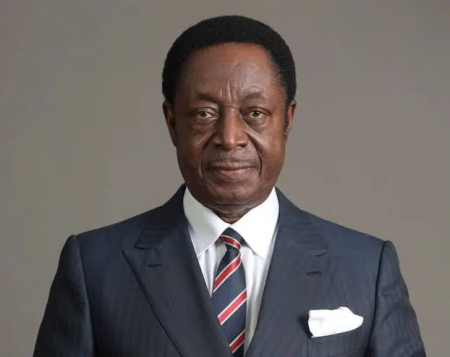The Ghanaian foreign exchange market is experiencing significant turbulence, characterized by the emergence of multiple exchange rates. This phenomenon, according to Professor Godfred Bokpin of the University of Ghana Business School, stems primarily from the Bank of Ghana’s excessive intervention in the market. Professor Bokpin argues that the Central Bank’s dual role as both a regulator and a market player creates distortions, preventing the natural forces of supply and demand from effectively determining the exchange rate. Instead, the Bank of Ghana’s substantial influence allows it to exert considerable control over the exchange rate, leading to discrepancies between the interbank rates and those offered by forex bureaux. This intervention, while intended to stabilize the market, has inadvertently fostered an environment of uncertainty and arbitrage.
The disparity in exchange rates across different segments of the market is substantial. While banks may offer dollar exchange rates around 9.8 to 10.1 cedis, forex bureaux often present significantly higher rates, sometimes with a markup of 20 to 25 percent. This difference, which can reach as high as 35 percent according to Professor Bokpin’s analysis, highlights the significant gap between the official interbank rate and the rates prevaling in other parts of the market. This divergence not only creates confusion but also encourages businesses and individuals to seek out alternative channels for foreign exchange transactions, thereby undermining the stability the Central Bank aims to achieve.
The International Monetary Fund (IMF) has also raised concerns about the Bank of Ghana’s interventionist approach. The IMF’s caution underscores the potential risks associated with excessive market manipulation and the importance of allowing market forces to play a more prominent role in determining the exchange rate. This advice aligns with Professor Bokpin’s assessment, emphasizing the need for a more transparent and market-driven system to foster stability and prevent further distortions.
Professor Bokpin stresses the critical need to rebuild confidence in the foreign exchange market. He argues that if market participants perceive the rates as accurately reflecting true value, they will be less inclined to seek alternative channels for transactions. Currently, the substantial difference between interbank and forex bureau rates suggests a lack of trust in the official rates, driving individuals and businesses toward the parallel market. Restoring confidence requires greater transparency, a reduced role for the Central Bank in direct market intervention, and a stronger reliance on market mechanisms.
The current situation, characterized by multiple exchange rates and significant disparities between official and unofficial rates, poses a serious challenge to the Ghanaian economy. It creates an environment of uncertainty, fosters arbitrage opportunities, and undermines the credibility of the official exchange rate. Addressing this issue requires a multifaceted approach, including a reduction in the Bank of Ghana’s direct market intervention, greater transparency in exchange rate determination, and measures to bolster market confidence. A shift towards a more market-driven system, as advocated by both Professor Bokpin and the IMF, is crucial for achieving long-term stability in the foreign exchange market.
Moving forward, Ghana needs to implement policies that foster a more stable and predictable foreign exchange market. This involves strengthening the role of market forces, increasing transparency, and reducing the Central Bank’s direct intervention. By addressing these issues, Ghana can create a more conducive environment for economic growth and stability. Furthermore, increased communication and collaboration between the Central Bank, market participants, and international institutions like the IMF will be crucial in navigating these challenges and achieving a more sustainable foreign exchange regime.














